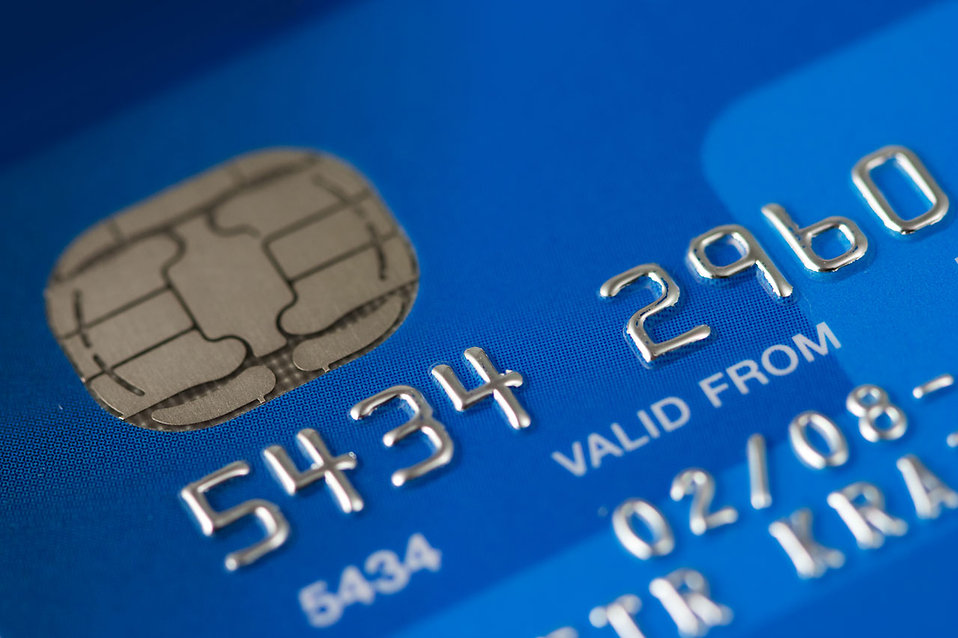For many people, the mere mention of the word “money” spurs feelings of stress and anxiousness. In fact, a Bankrate study of nearly 2,500 U.S. adults found that 70% of respondents feel stressed about their finances. At the same time, living a financially responsible life can help one maintain optimal mental health. In observation of May being Mental Health Awareness Month, let’s take a look at the connection between money and mental health.
How do financial struggles impact mental health?
There are lots of ways money troubles can influence one’s mental health:
- Stress and anxiety. Financial struggles are one of the leading causes of stress and anxiety. Feeling stressed and anxious can also impact a person’s physical health, often leading to insomnia, headaches, weight gain/loss and other physical symptoms.
- Depression. Money struggles can also lead to depression, which can cause a person to lose interest in activities they once enjoyed and affect their ability to function in daily life.
- Strained relationships. Financial issues are famously a primary cause of divorce, but it doesn’t end there. Money issues can put a strain on many other relationships as well, including those between parents and children, siblings, friends and more.
It is essential to recognize the signs of financial stress and take steps to manage it. Seeking support from friends, family or a mental health professional can help alleviate some of the stress and anxiety associated with financial struggles.
How does financial stability impact mental health?
Now, let’s explore how financial stability can impact one’s mental health:
- Peace of mind. A stable financial reality can provide a sense of security and peace of mind, reducing stress and anxiety.
- Increased opportunities. Living a financially responsible life can provide a person with the opportunities to pursue their interests and passions, such as travel, hobbies and new learning experiences, all of which can improve overall mental health and well-being.
- Improved relationships. Financial stability can also improve relationships, reducing stress and tension associated with financial struggles.
It’s important to aim for financial stability to improve your overall mental health and well-being. This can involve taking steps to save money, reduce expenses and invest in a financially secure future.
The link between money and self-worth
Unfortunately, too many people link their self-worth to their financial situation. This can lead to feelings of inadequacy and low self-esteem when experiencing financial struggles. However, it is essential to recognize that self-worth is not tied to financial success. Instead, focus on developing yourself as a person in ways that are not related to your financial situation. Set personal goals, practice self-care and seek fulfillment in areas outside financial success.
Debt and mental health
Debt is often the most significant financial problem that people face, and it can have a strong impact on mental health. Research shows that people who are in debt are more likely to experience mental health problems like anxiety, depression and even suicidal thoughts.
People who’ve been caught in the debt cycle may feel like they are trapped in their situation with no way out. This can lead to feelings of hopelessness and despair. Debt can also cause a great deal of stress, which can lead to physical health problems such as high blood pressure and heart disease.
If you are struggling to escape from under a mountain of debt, there are steps you can take to kick your debt for good. Consider consolidating it through an unsecured personal loan that may include one low-interest, and possibly lower, debt payment each month. You can also pay off one debt at a time by maximizing your monthly payment toward that debt until it’s paid off, which is often called the “snowball method” of debt payoff. If you choose this route, be sure to continue making all your minimal monthly payments on your other debts as you focus on the one.
Managing your finances for improved mental health
Are you struggling with money challenges that are negatively impacting your mental health? Here are ways you can improve your financial and mental health:
- Create a budget and stick to it.
- Trim your discretionary spending for extra breathing room in your budget.
- Seek support from a financial counselor or therapist.
- Practice stress-reducing activities such as meditation, yoga or exercise.
- Avoid using credit cards or taking out loans unless absolutely necessary.
- Set realistic financial goals and work toward them.
- Focus on personal achievements and growth unrelated to your financial worth.
Money is intimately connected with one’s mental health. By managing your finances and seeking help when needed, you can improve your mental health and overall well-being.
Meet with 1 of Our 8 Financial Counselors!
Resources:
https://www.mind.org.uk
https://www.moneyandmentalhealth.org/
https://www.cnbc.com




 Credit Karma is an online credit service that operates under the principle that everyone is entitled to a free and honest credit score. To that end, the site allows you to check your credit whenever you’d like without paying any fees-a privilege that can cost you about $20 a month from its competitors. You’ll need to sign up for the service and share some sensitive information, like your Social Security number and your financial goals, but you won’t be asked for any credit card numbers or account information.
Credit Karma is an online credit service that operates under the principle that everyone is entitled to a free and honest credit score. To that end, the site allows you to check your credit whenever you’d like without paying any fees-a privilege that can cost you about $20 a month from its competitors. You’ll need to sign up for the service and share some sensitive information, like your Social Security number and your financial goals, but you won’t be asked for any credit card numbers or account information.


